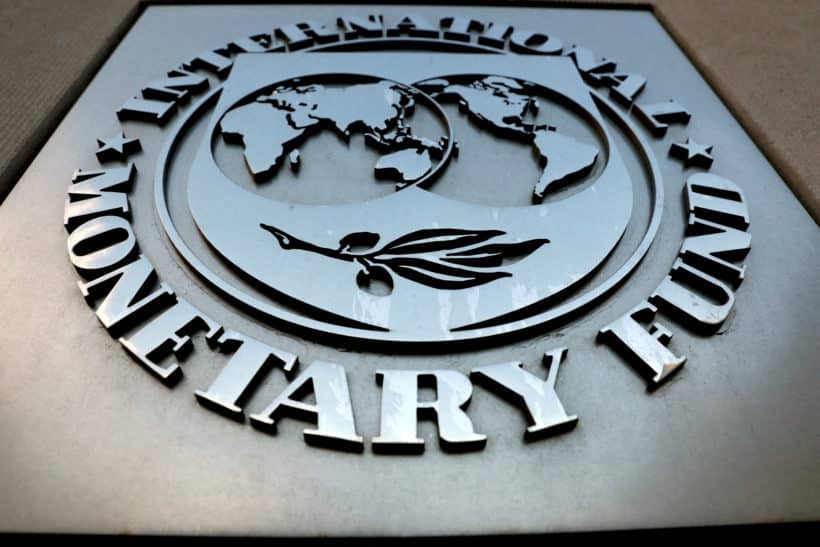
FRANKFURT, Nov 8 (Reuters) – Rapid wage growth in the euro zone could keep inflation elevated longer and the European Central Bank should hold interest rates at or near record highs through next year to extinguish price pressures, the International Monetary Fund said on Wednesday.
The ECB broke a streak of ten straight rate hikes last month, fuelling market expectations that its next move will be a cut, possibly as soon as April, with a total of 90 basis points of reductions priced in by the close of next year.
Pushing back on early rate cut bets, Alfred Kammer, the head of the IMF’s European Department, argued that the ECB’s deposit rate should stay close to its record high 4% level through all of next year.
“Monetary policy is appropriately tight and needs to remain so in 2024,” Kammer told a news conference. “For all intents and purposes, (the deposit rate) should be held at that level or close to that level throughout 2024.”
Kammer warned the ECB against cutting rates too soon because that would require even more costly policy tightening later on.
“It is less costly to be too tight rather than to be too loose,” Kammer said. “What we also want to avoid is premature celebrations.”
Inflation soared to over 10% a year ago but has been on a steady downward path since, even if the “last mile” of disinflation is seen the toughest and could still take two years to get from around 3% to 2%.
While the IMF sees price growth back at target in 2025, an exceptionally tight labour market could push this date back to 2026, it warned.
Unemployment is already at a record low and whatever slack is left in the labour market could be less than now calculated, pushing up wage inflation, which would then impact consumer prices.
Real wages also have some way to go catch up with inflation and this could also keep up the price pressure, the IMF said.
“Risks remain skewed toward more persistent inflation,” the IMF said in a report. “Under adverse assumptions, this could delay reaching inflation targets to 2026.”
Kammer added that the conflict in Gaza had pushed up global energy costs, which creates further upside risk for prices.
However, overall economic growth in the current quarter is somewhat weaker than projected, which could limit price pressures.
Still, growth is broadly in line with expectations and a “soft landing” is still the IMF’s main scenario rather than a deeper recession, Kammer added.
(Reporting by Balazs Koranyi; Editing by Mark Potter)

